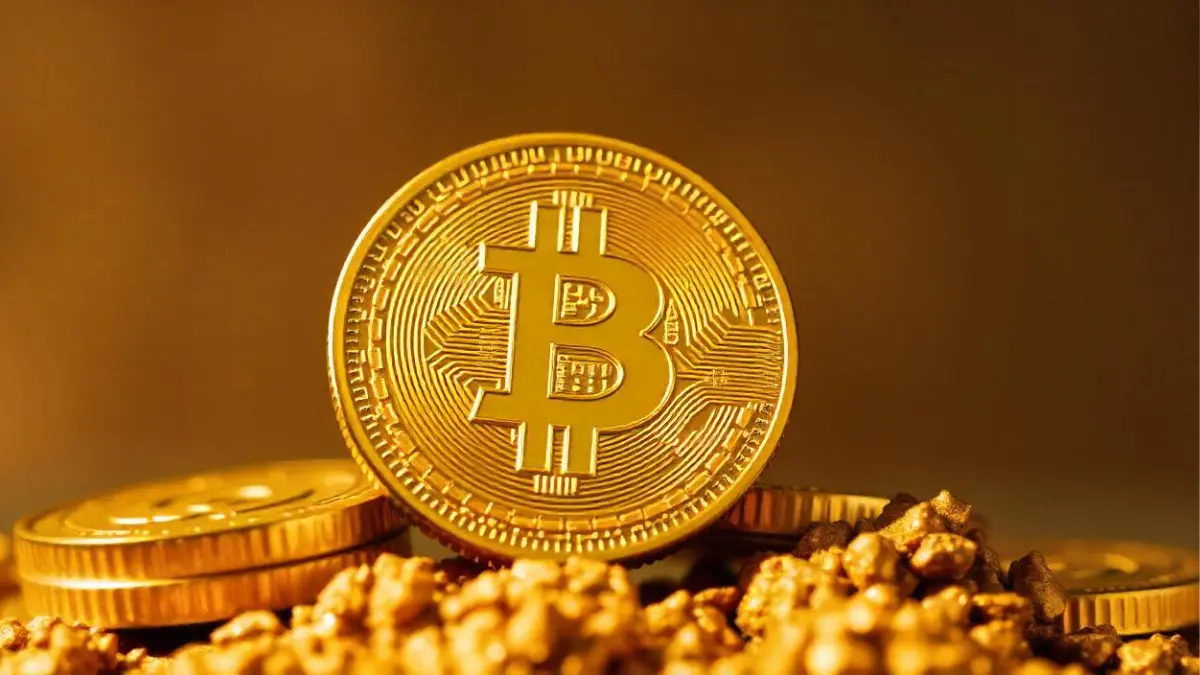Bhutan Moves $63 Million in Bitcoin to New Wallets
25.03.2025 11:00 1 min. read Alexander Stefanov
In an intriguing move, the Bhutanese government has made a significant transfer of Bitcoin, shifting $63 million worth to three separate wallets on March 24.
Bhutan, known for its abundant hydroelectric resources, has been utilizing this clean energy to mine Bitcoin since 2019. It wasn’t until September 2024, however, that Arkham uncovered the first wallet linked to Druk Holdings, the country’s investment arm.
Following the recent transactions, this wallet now contains a hefty $889.9 million in Bitcoin, which is roughly 30.7% of Bhutan’s GDP—calculated at $2.9 billion in 2023.
While Bitcoin remains a major component of Bhutan’s crypto reserves, it is not the sole focus. The Druk Holdings wallet also contains smaller amounts of Ether worth $334,580, alongside other lesser-known tokens such as LinqAI (LNQ), Phil (PHIL), and Apu Apustaja (APU). These diversified holdings reflect a broader strategic approach rather than an exclusive reliance on Bitcoin.
In recent months, Bhutan has been slowly transferring portions of its crypto assets from its main wallet to other addresses. Notably, $66 million worth of BTC was moved to Binance in October 2024. This, coupled with the small transfers of Bitcoin and Ether, suggests that the government is carefully managing its growing digital asset portfolio.
-
1
Bitcoin Reaches $119,000 Milestone as Corporate Demand and ETF Inflows Rise
13.07.2025 17:45 2 min. read -
2
Bitcoin Price Prediction From Bernstein After the Recent All-Time High
14.07.2025 20:00 1 min. read -
3
Ethereum Sparks Altcoin Season as FOMO Shifts Away From Bitcoin
17.07.2025 18:30 2 min. read -
4
Robert Kiyosaki Reacts to Bitcoin’s Surge Past $120K: “I’m Buying One More”
14.07.2025 17:00 1 min. read -
5
Top Crypto Trends Dominating Discussions This Week
15.07.2025 17:30 2 min. read
Bitcoin Funding Rates Stay Elevated—Rally Ahead or Shakeout Coming?
As Bitcoin continues to consolidate above $100K, a critical market signal is flashing: BTC funding rates remain elevated, even as price action cools.
Billionaire Ray Dalio Revealed What his Portfolio Says About the Future of mMoney
Billionaire investor Ray Dalio, founder of Bridgewater Associates, has suggested that a balanced investment portfolio should include up to 15% allocation to gold or Bitcoin, though he remains personally more inclined toward the traditional asset.
Where Is The Smart Entry Point For Bitcoin Bulls?
With Bitcoin hovering near $119,000, traders are weighing their next move carefully. The question dominating the market now is simple: Buy the dip or wait for a cleaner setup?
Matrixport Warns of Bitcoin Dip After Hitting This Target
Bitcoin has officially reached the $116,000 milestone, a level previously forecasted by crypto services firm Matrixport using its proprietary seasonal modeling.
-
1
Bitcoin Reaches $119,000 Milestone as Corporate Demand and ETF Inflows Rise
13.07.2025 17:45 2 min. read -
2
Bitcoin Price Prediction From Bernstein After the Recent All-Time High
14.07.2025 20:00 1 min. read -
3
Ethereum Sparks Altcoin Season as FOMO Shifts Away From Bitcoin
17.07.2025 18:30 2 min. read -
4
Robert Kiyosaki Reacts to Bitcoin’s Surge Past $120K: “I’m Buying One More”
14.07.2025 17:00 1 min. read -
5
Top Crypto Trends Dominating Discussions This Week
15.07.2025 17:30 2 min. read


